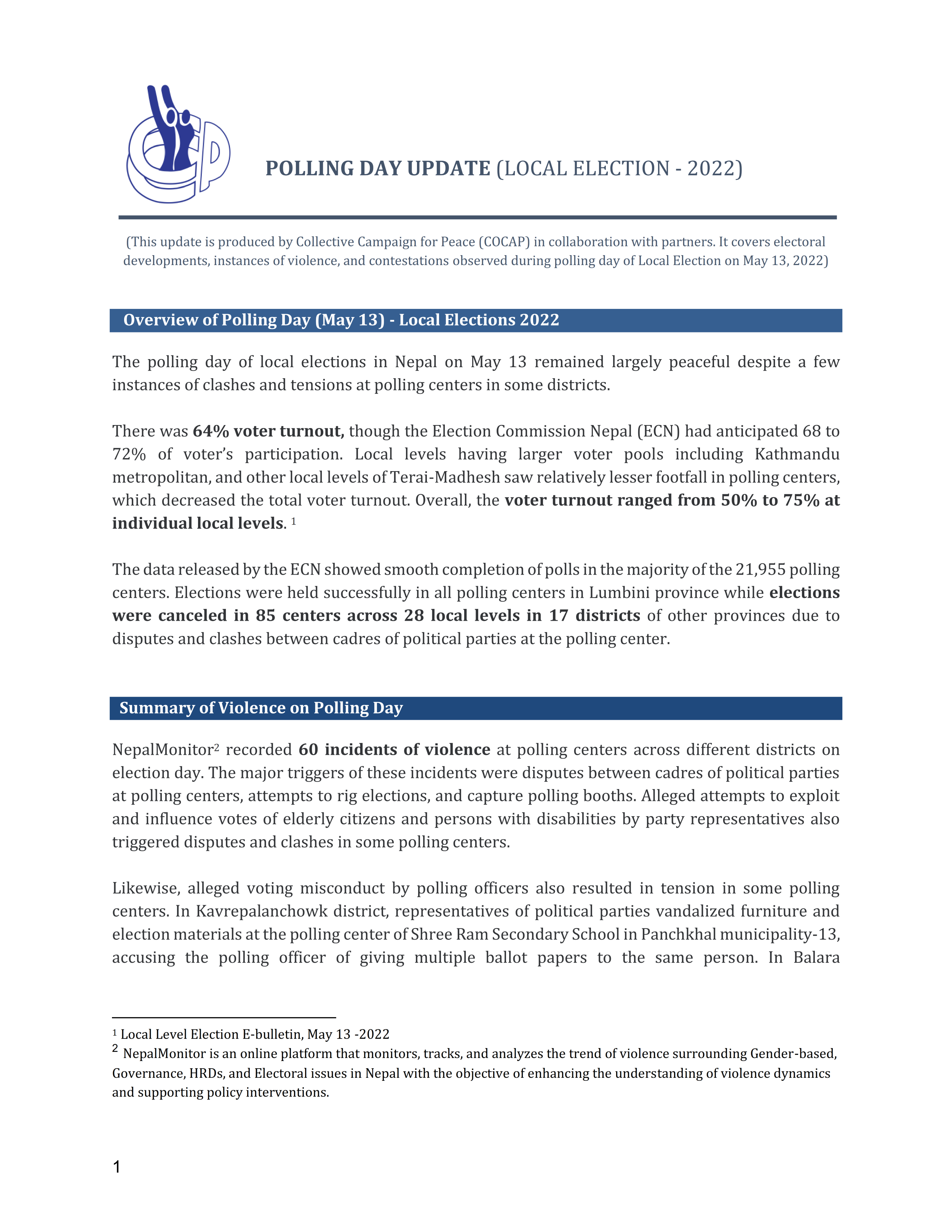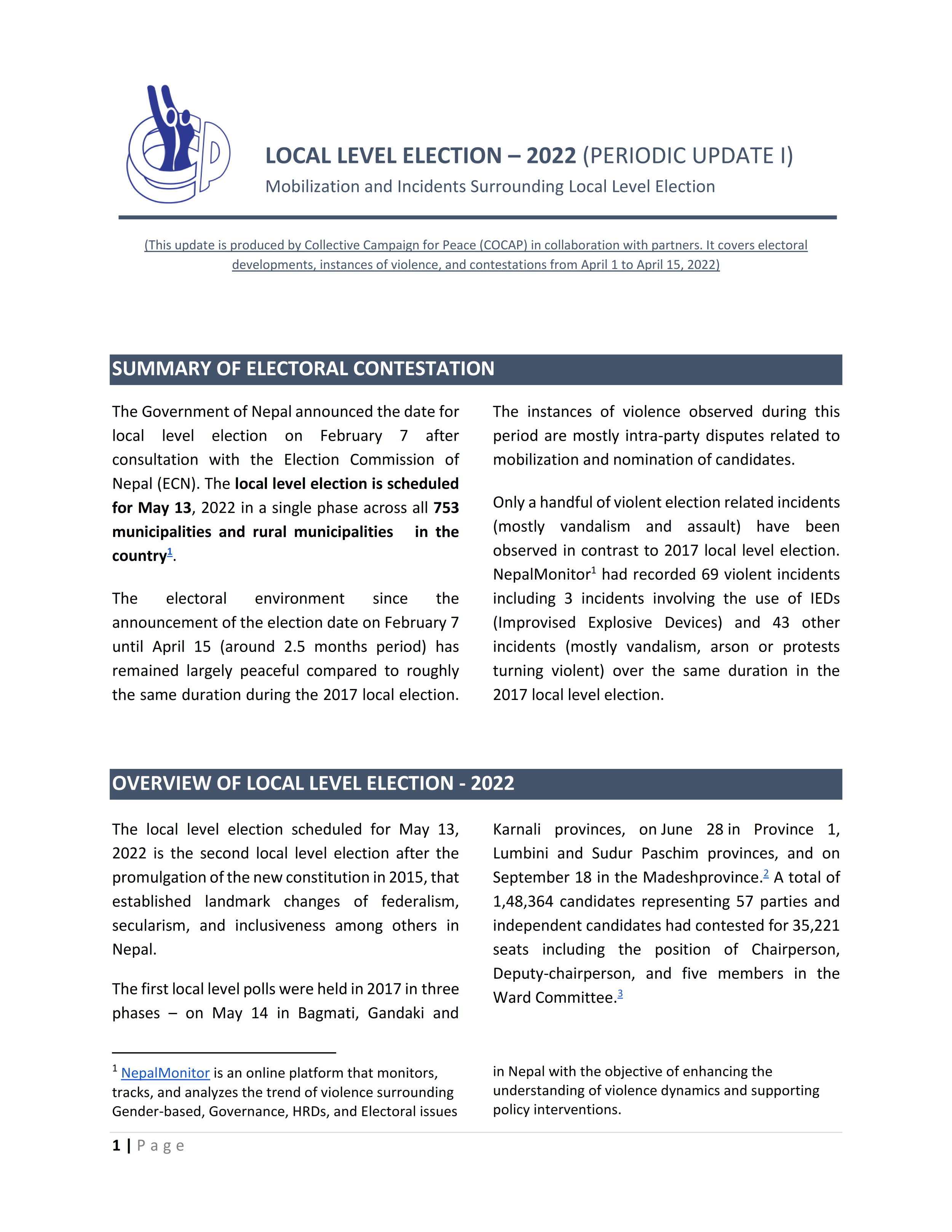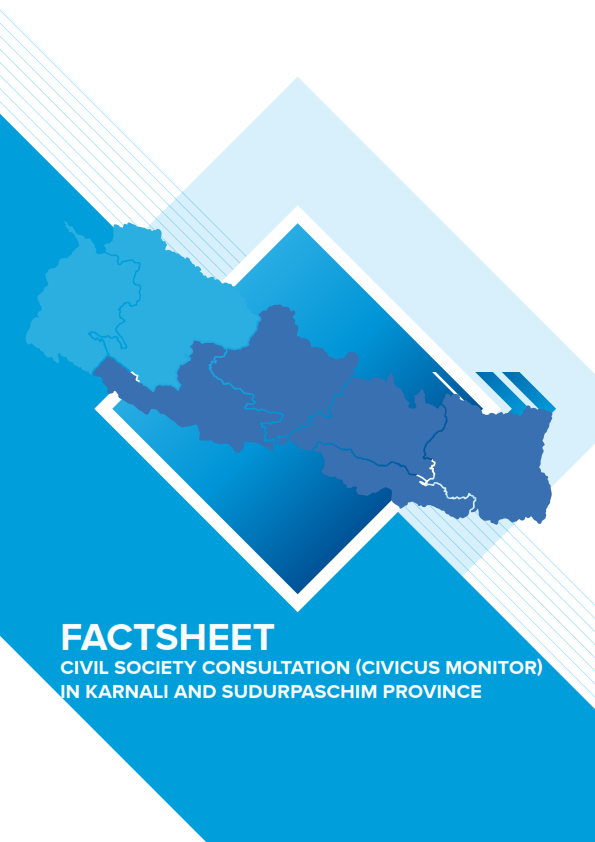Incident Reports
In latest attempt to squeeze media, government seeks journalists’ payroll details, violating the constitution
2019-04-07
Amid a series of moves at controlling news publishers and limiting access to information, the government now has moved a step further which, stakeholders say, is in violation of the country’s constitution.
Last month, the Department of Information and Broadcasting under the Ministry of Communication and Information Technology issued a circular asking media houses to furnish a copy of the payroll and bank details—including the account number—of each journalist to the department. The circular, as per the department, is part of its move to ensure that journalists’ minimum wage was implemented by the media houses.
But there is something amiss in the government’s directive, according to proponents of press freedom and people from the media fraternity, who say demanding personal information in the name of implementing minimum wage is against the constitution.
“The circular is in violation of constitutional provisions,” said Shubha Shankar Kandel, president of the Nepal Media Society, an umbrella body of publishers and broadcasters. “This has never been practised in any democratic country in the world. This is against the law.”
According to Kandel, the government has also blocked permits allowing broadcasters to exchange US dollars for payment to international satellite agencies, raising the issue of working journalists’ minimum wage.
In October last year, the government decided to hike the minimum wage for working journalists by 25 percent. But on February 4, a bench of Chief Justice Cholendra Shumsher Rana put a stay order on the decision, asking the government not to enforce the minimum wage hike decision until further notice.
The government issued a circular a month later to submit details of journalists, including the copy of payroll and bank account number.
Officials at the ministry, however, said they were not aware that the contents of the letter sent to the media houses by the department contradicted constitutional provisions.
“We published the notice in order to implement and execute the provision of minimum wage [for journalists]. It is not intended to make public the payroll,” said Rishi Ram Tiwari, spokesperson for the ministry .
The notice clearly states that media houses should provide a letter—authenticated by the banks—requesting them to deposit salaries of journalists, staff and workers.
The letter also says working journalists, staff and workers must provide the bank statement of their salary in order to receive facilities and services from the Department of Information and Broadcasting.
And to obtain a press pass, each journalist or worker or staff should provide the media companies’ recommendation letter containing the bank account number in which the journalist’s salary and perks have been deposited.
“This is but a move aimed at harassing independent media in the guise of the welfare of journalists,” said Tara Nath Dahal, chairman of the Freedom Forum Nepal, an organisation that works for the promotion of freedom of expression.
But what is more worrisome, say proponents of media freedom, is the pattern rather than one or two isolated decisions of the government.
Since assuming office, some of the KP Sharma Oli government’s actions have been a cause for concern when it comes to freedom of speech, media freedom and civil liberties.
When Parliament passed a slew of bills last year, a few clauses of some Acts, particularly the Criminal Code Act, were alarming for journalists as there were concerns that authorities could misuse the provisions to muzzle the media.
The penal code, authenticated in August last year, criminalised photography (under Section 295) and announced strict punishment for sending, receiving or using online data (under Section 298). It also seeks to slap jail terms and fines for recording conversations (under Section 293). The Federation of Nepali Journalists and international groups of journalists had condemned the provisions and called for rescinding them.
In October last year, the government said it would ban porn sites in a bid to what it called to control indecent activities due to such “indecent sites”.
A new Information and Technology Bill proposed this year by this government seeks to give sweeping powers to authorities to block social media platforms if they are not registered in Nepal.
Activists have said the bill threatens online freedom and would violate freedom of speech and opinion enshrined in the constitution and that provisions in the bill will give the government greater power to suppress dissenting voices.
Even a bill on Advertisement (Regulation), recently endorsed by the National Assembly, has some provisions that journalists fear would curtail freedom of the press. The bill has some draconian provisions that could be misused to hold publishers and broadcasters accountable for the contents of the advertisement.
The information department has also come up with a template called “salary sheet” where each employee needs to provide details of his or her position, salary scale, technical grade amount, numbers of grading, grading amount, provident fund, insurance, total salary, stipend, inflation allowance and other deductions like tax and social security.
The constitution’s Right to Information Act and Working Journalist Act, however, do not permit the government—or its agencies—to seek payroll of any journalist or worker and staff working in the media houses.
Additionally, the Working Journalists Act does not have any provision that a working journalist or a worker or a staff should submit their salary sheet, bank account number and a copy of authentication from the bank.
Advocate Baburam Aryal, a media law expert, said that there is a certain pattern in government decisions which are directed at limiting access to information and individual liberty.
“The government is heading towards setting up a strongly controlled mechanism,” Aryal told the Post. “It is an attempt to centralise power by curtailing the press freedom and access to information.”
Some provisions inhe circular of the Department of Information and Technology, Aryal said, will make it a semi-judicial body. “How can an administrative body can act as a semi-judicial body?” he said.
Media experts have long been flagging various provisions the government has introduced in recent months, saying they could be detrimental to free press, freedom of expression and democratic processes. They also see an irony in the government using the minimum wage to squeeze privately-owned media.
“If the government really wants to implement working journalists’ minimum wage,” said Dahal of Freedom Forum, “it should start from the state-owned media houses.”
National/Online Media
Related Reports
Governance / Kathmandu
Medical education concern committee protest by banging plates and whistling
September 08, 2023
Governance / Darchula
Workers padlock school citing non-receipt of wages for more than a year
Sudurpashchim, Darchula, Naugad
August 29, 2023
Governance / Sunsari
Prohibitory order issued in Dharan, tightening at entry points
Province 1, Sunsari, Dharan
August 25, 2023
Governance / Morang
Students of Eastern College in Biratnagar on protest
Province 1, Morang, Biratnagar
August 23, 2023
Related Trend Analysis
Analysis

THE NEPAL PEACE MONITOR ANNUAL REVIEW: 2020
October 25, 2021
Human Trafficking / LGBT+ Rights / GBV / Political / Children’s Rights / Senior Citizens’ Rights / HRD Issues / Human Rights / Interpersonal Violence / Governance / Covid-19 / Civic-Space / PwD

_001.png)




